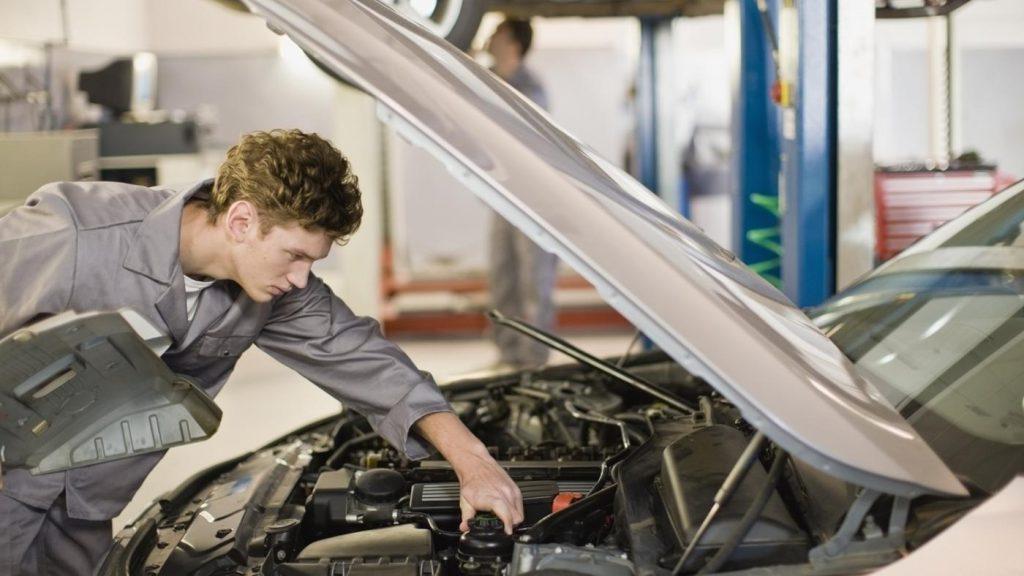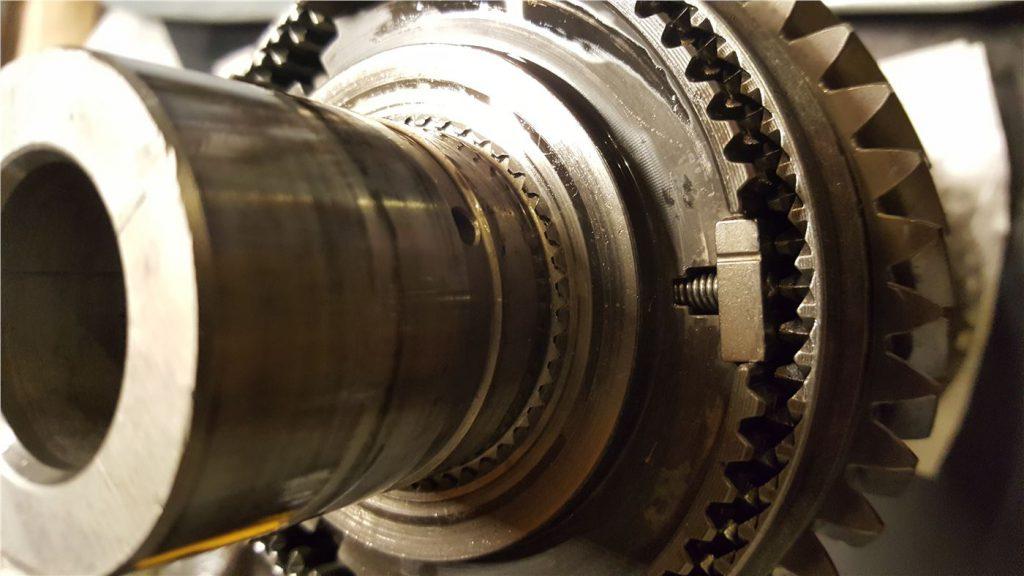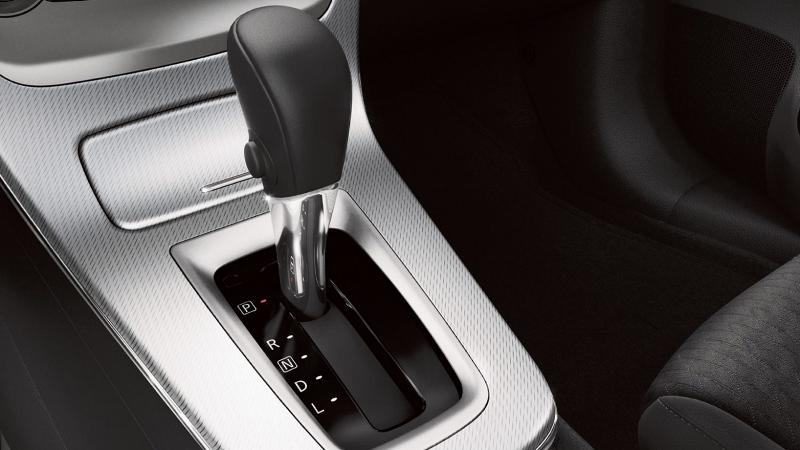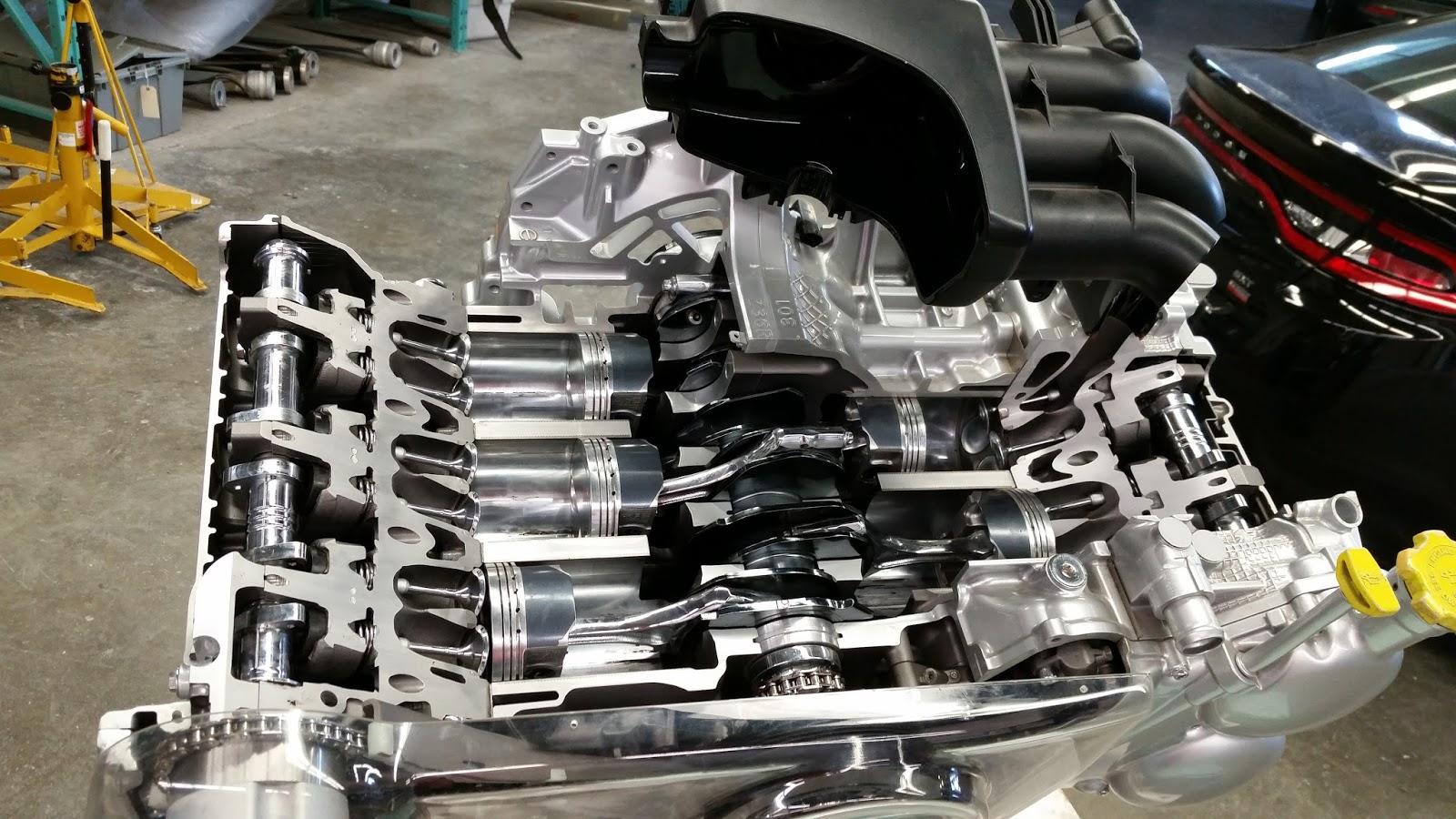How to Remove Drive Shaft – The Complete Guide
The reason for changing the drive shaft can be numerous. Moreover, the U Joint bolt causes more problems in case of exceptions than the rear drive shaft, mostly. So the question is how to remove drive shaft?
Well, there is no rocket-science to accomplish this task; all it needs is to follow the procedure carefully as your vehicle won’t be able to even move without a drive shaft.
So, whenever you see something wrong with the power transmission of the car, don’t make any changes to the drive shaft, at all!
How To Remove Drive Shaft: Here Is The Complete Guide
The procedure of removing a rear drive shaft varies from car to car, but the steps remain the same. The drive shaft transfers engine power from the transmission to other and onto the driver wheels.
Let’s get started with the step-by-step procedure of changing the rear drive shaft using a few tools like a hammer and floor jack & jackstays.
1. Mark the Drive Shaft and Remove the Bolts
To know how to remove drive shaft, getting the exact estimation of the drive shaft is necessary before beginning the process.
Doing so will avoid the driveline vibrations after installing the drive shaft at the right position. After marking the position, remove the shaft by taking out the projection mounting bolts too.
Some bolts might have lock tights used to avoid coming loose while working. So, remove every bolt carefully.
-

How to remove drive shaft in the right manner. Source: Alamy
2. Eliminate the Drive Shaft Flange
Drive shaft flange can be easily removed by gently shocking it with a plastic hammer.
This will result in the half back of the shaft to be free and make sure that the center support is removed, in order to completely remove the shaft flange.
Be careful with the U joint cups if you are dealing with an old car, as the chances of them failing out are high.
In such cases, use an electric tape to keep the U joint cups at their places as it is counted in the best maintenance tips.
SEE MORE:
3. Take out the Drive Shaft
Now the drive shaft is completely loose and you can take it out of the car. Use both hands and slide the drive shaft gently from the transmission case.
There might be a few liquid leakages so it is preferred to arrange a liquid basin or collector by your side. At this point, you can also fix the leaky transmission tail or universal joints as well.
Check the U joint for any fault or damage. Move the U joint in all the directions and check its motion and smoothness. Any roughness can lead to the replacement of the joint.
-

How to remove drive shaft carefully. Source: Internet
4. Reinstall the Drive Shaft and Other Parts
The last step is to reinstall the new drive shaft but, before going further, apply some grease to the yoke to make the shaft work properly.
Carefully place the drive shaft to the marked position. Reinstall the flange bolts too.
Finish the installation by ensuring that everything is in the marked position. Now, this is how to remove the drive shaft carefully and accurately.
FAQs
1. Are there specific considerations for different types of vehicles?
The process may vary slightly depending on the vehicle.
For example, removing the drive shaft from a Mercury Outboard, Polaris Ranger 570, or a Bush Hog involves supporting the vehicle, locating the connection point, and using suitable tools to remove securing bolts before sliding out the drive shaft.
Be cautious and avoid damaging surrounding components
2. What tools are needed for drive shaft removal?
The tools required typically include a socket wrench set, screwdrivers (both flathead and Phillips), pry bar, hammer, and a torque wrench.
It’s also essential to have safety goggles and gloves for protection. These tools help in safely removing the bolts and handling the drive shaft during the removal process
3. Should the transmission be supported during drive shaft removal?
It’s important to support the transmission when removing the drive shaft to prevent any damage.
This can be done using a transmission jack or a sturdy support beam. Proper support ensures the transmission remains in place and isn’t stressed or damaged during the process
4. What are the costs associated with drive shaft removal?
The cost of removing a drive shaft as a standalone labor repair ranges between $55.00 and $75.00 (US).
However, this cost is often incorporated into the cost of additional repairs being performed. Driveshaft replacement costs, if necessary, can range between $250.00 and $350.00 (US)
5. What precautions should be taken when reinstalling the drive shaft?
When reinstalling, apply a small amount of grease to the yoke to lubricate the output shaft seal in the transmission or transfer case. Care must be taken to avoid damaging the seal while reinserting the driveshaft yoke.
Ensure that the driveshaft is reinstalled according to the alignment marks made earlier and tighten the bolts to factory specifications
Check out this video from TRY to HELP you to learn more about Driveshaft removal!
Conclusion
This process is not just easy but pursued by following all the precautions as well. So, grab your tools and get started now!














